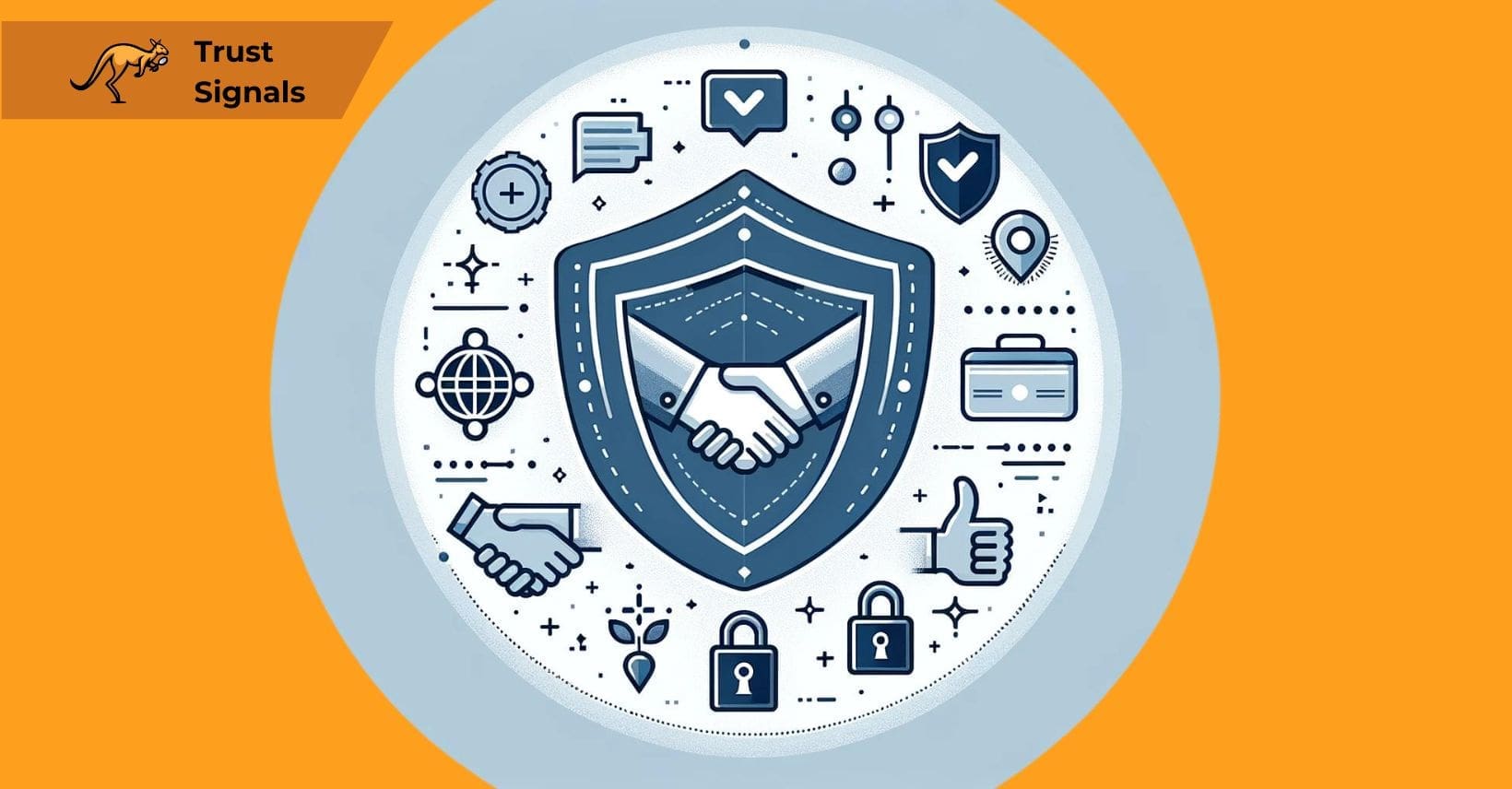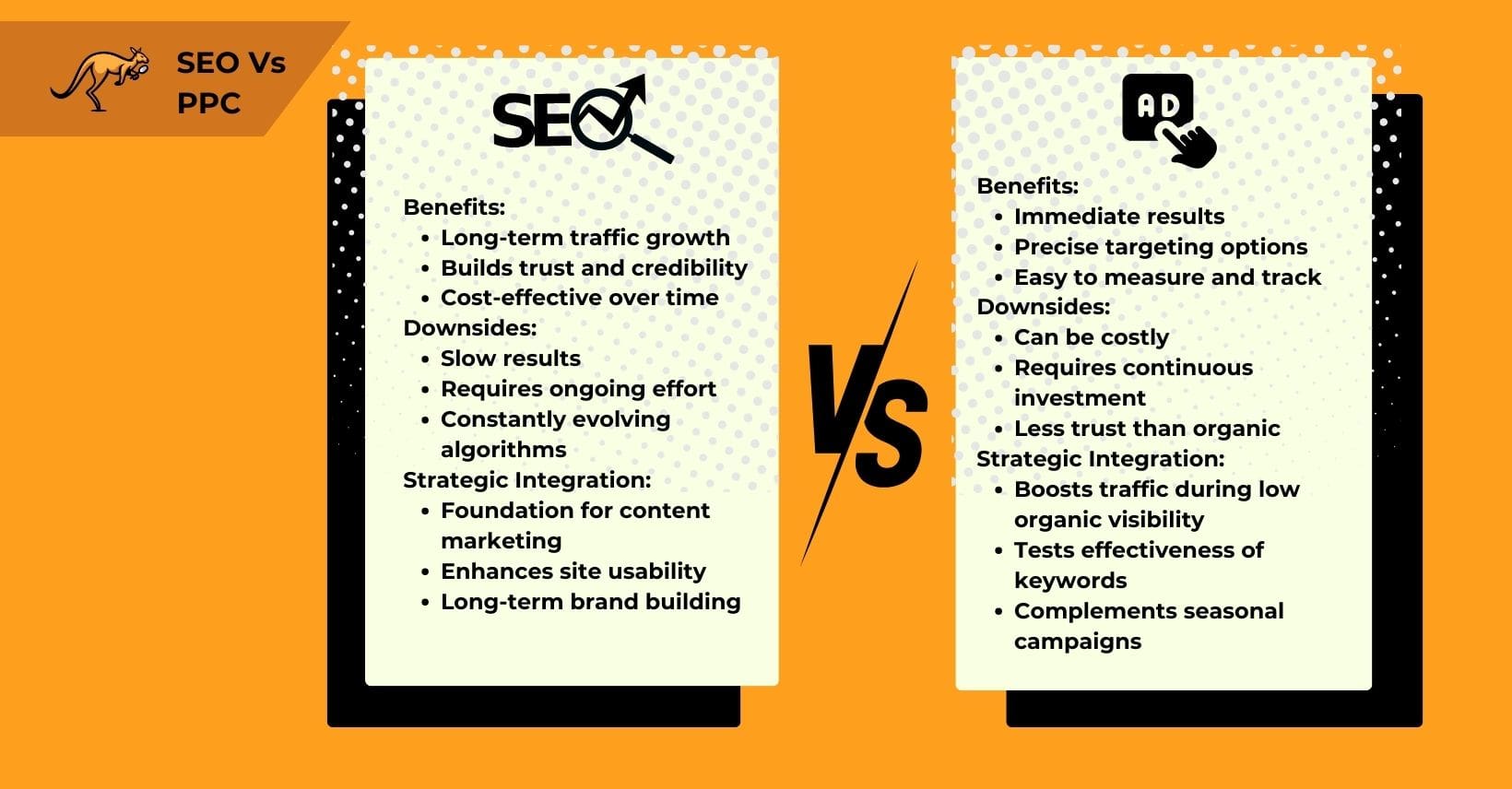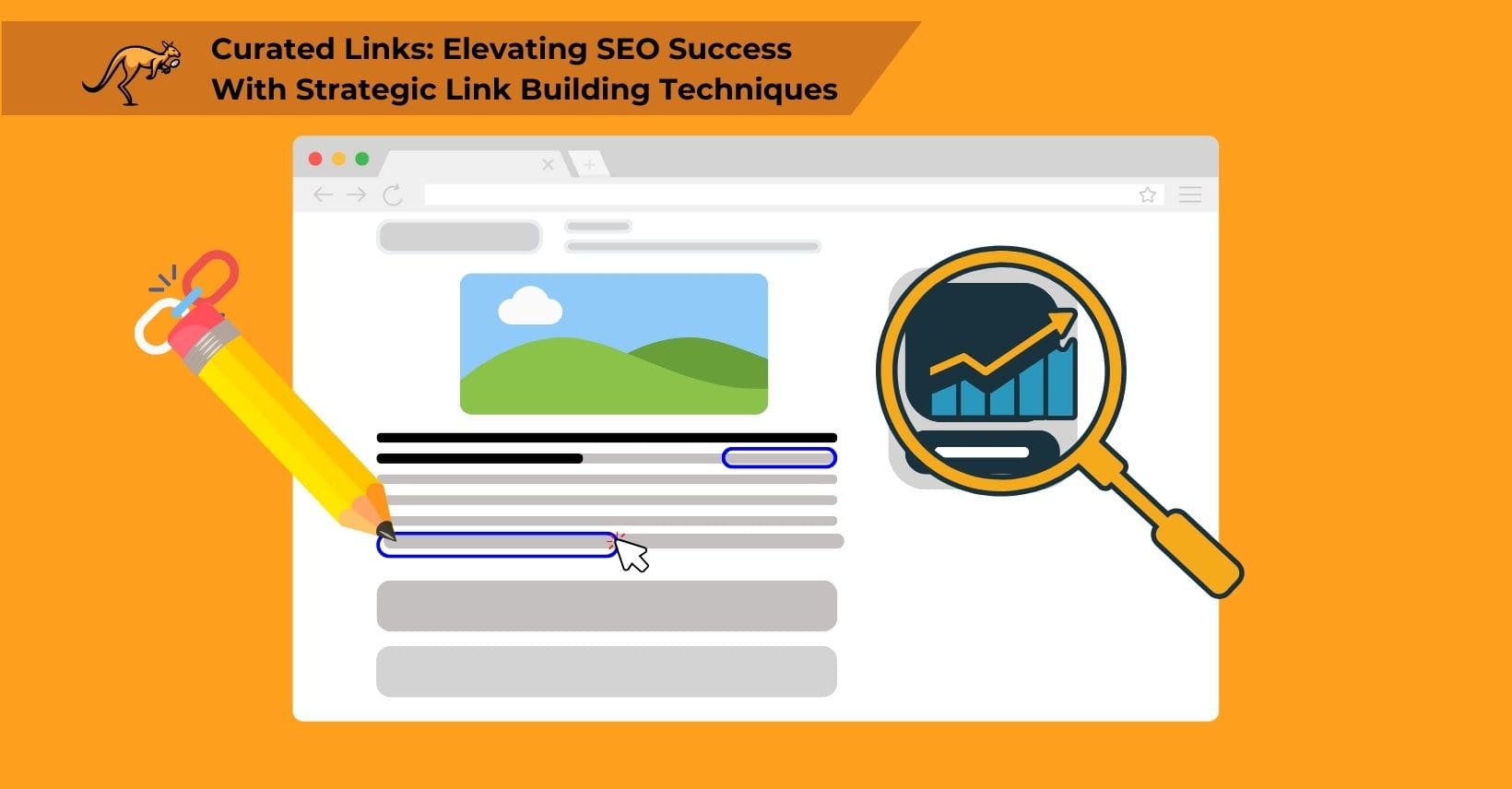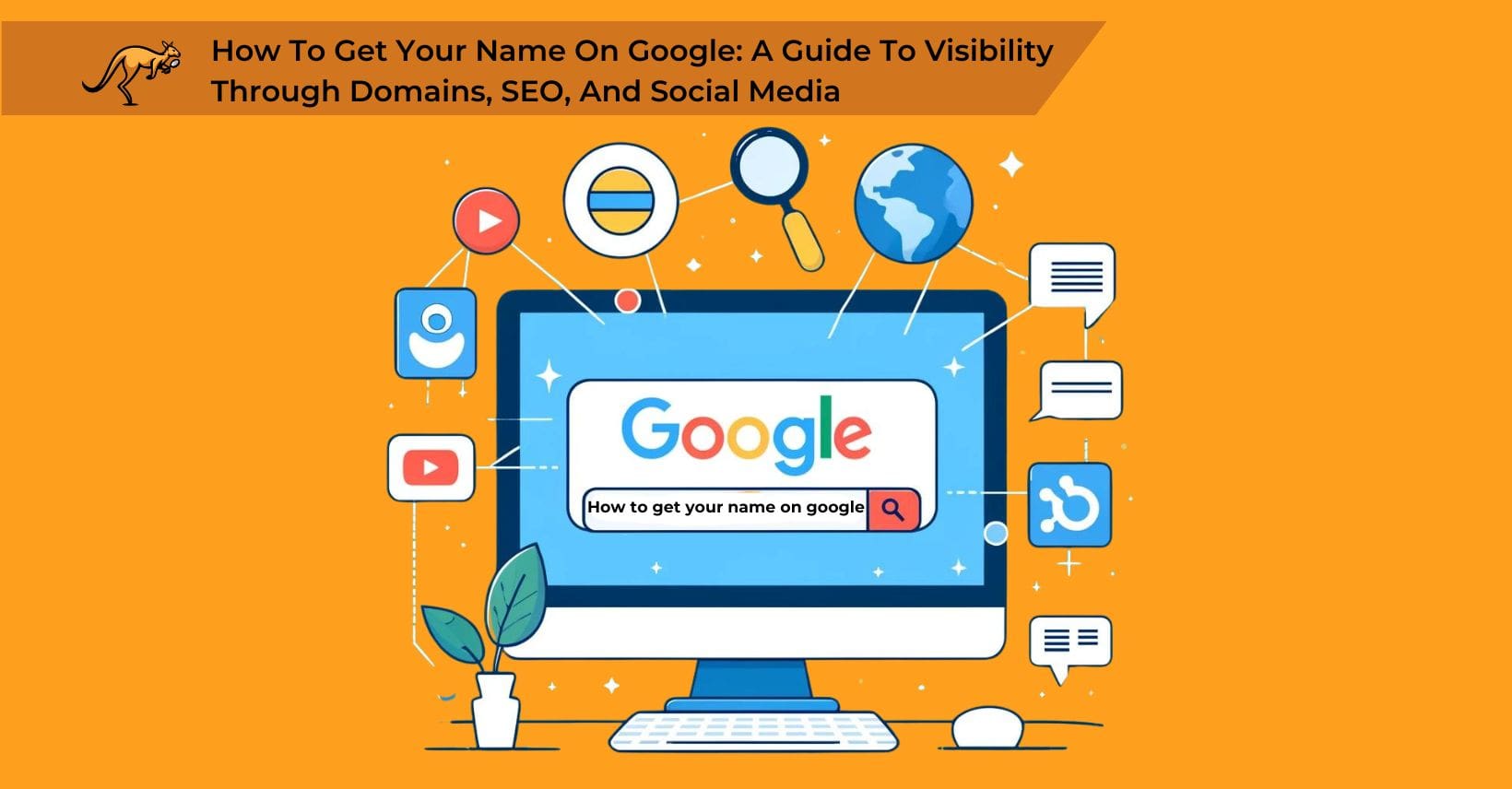Trust is crucial for businesses, as it is the foundation upon which connections with audiences and industry peers are built.
This trust fosters website growth and attracts visitors who prefer your content over alternatives online.
Trust signals serve as tangible endorsements of your site’s credibility and reputation.
These signals, ranging from customer testimonials to secure transaction badges, are essential for displaying high-quality content and confirming your reliability through external validations.
Understanding the array of trust signals available and effectively implementing them on your platforms is key to enhancing customer confidence and safety.
This directly supports increased engagement and website transactions, particularly in e-commerce settings where trust is directly linked to profitability.
As we go further, we’ll discuss various strategies reinforcing this sense of reliability and how they influence visitor perceptions and behaviors.
What Are Trust Signals?
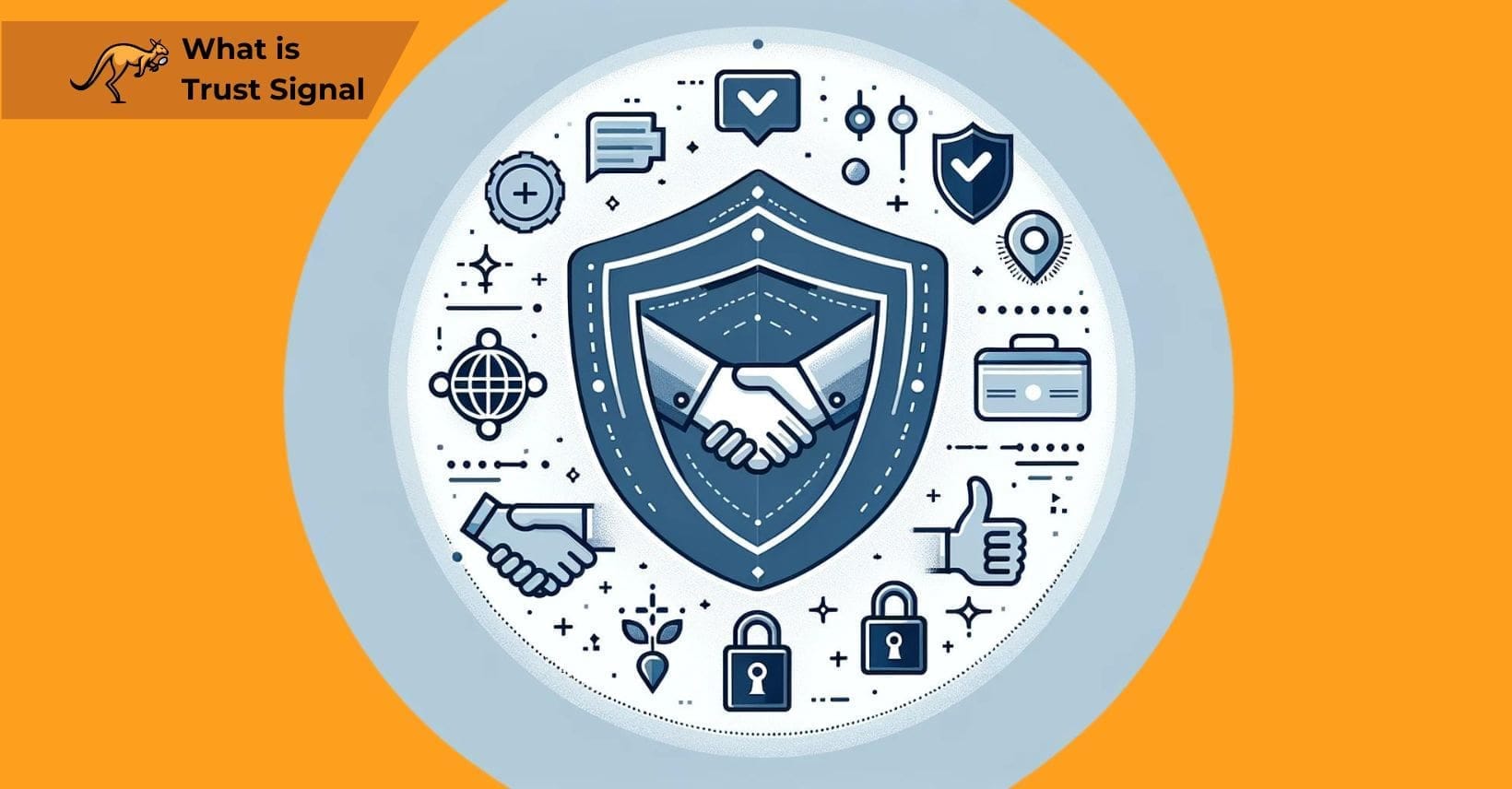
Trust signals serve as visible markers on your website that assure visitors of its trustworthiness and security.
Various trust signals can be implemented to confirm that users are engaging with a safe and reliable platform.
Online shopping carries inherent risks related to security and privacy, and businesses must demonstrate their dependability to attract customers.
Given the intense competition in online shopping, businesses must establish credibility and build trust. Displaying trust badges and other trust indicators effectively communicates your reliability, increasing the likelihood that customers will choose your site for their purchases.
As trust plays an important role throughout the customer experience, exploring different types of trust signals can further enhance your site’s appeal and effectiveness.
Types Of Trust Signals
To assure your customers that your website is trustworthy, displaying third-party recommendations and verifications is key.
These indicators, like badges and images linked to credible sources, signal to customers that your platform is secure and reliable. They appear on your website and social media to establish a professional, trustworthy presence.
Trust signals can take on any form, with some of the best options being:
Better Business Bureau Badge
Displaying the Better Business Bureau (BBB) badge has long been recognized as a powerful trust signal for companies. This tradition continues as businesses proudly use the BBB seal to communicate their credibility and reliability to customers.
This trusted logo on a company’s website confirms that it is monitored and approved by a well-respected authority. Similarly, other emblems from various professional bodies also play a crucial role in affirming a company’s standing in its respective field.
Industry Association Logos
Displaying union badges or authority seals on your website effectively builds trust in your niche.
You can also enhance your credibility by linking with industry leaders and participating in third-party verification processes. These steps demonstrate to customers that you are a reliable entity.
In line with ensuring website security, another important aspect is data transfer security.
SSL Certificate
In ecommerce, using an SSL certificate on your site is crucial. It assures visitors that your platform is secure and confirms your commitment to safeguarding their credit card details during transactions.
Your site earns this security badge through a detailed verification process, signaling that consumer financial data is safe from risks like identity theft. This trust is vital for any ecommerce site committed to data protection.
As customers feel secure, they often share their positive experiences, leading us to hear firsthand about their shopping experiences in our testimonials section.
Testimonials
Testimonials serve as a trusted form of validation across various websites and social media platforms.
They function as social proof trust signals, where customers, clients, or even employees leave reviews based on their experiences with a company, providing insights for others on what they might expect from the brand.
This type of feedback, when positive, acts as a strong endorsement of the company. These insights from different perspectives, whether from consumers or company insiders, offer a broad view of the brand’s reputation and service quality.
Shifting focus slightly, we also see the impact of these experiences through online reviews, another critical area where public opinion shapes brand perception.
Online Reviews
Reviews, much like testimonials, serve as social proof and can be featured both on your website and across various platforms.
They are a powerful persuasive element, enhancing your business’s credibility and offering future customers valuable insights.
Positive feedback from a customer reinforces your brand’s trustworthiness and provides helpful information to potential buyers.
It’s beneficial for businesses to simplify the process for customers to share their experiences.
This includes communication through your website and social media platforms, essential channels where interested parties often gather details about your business’s offers and what they might anticipate.
While testimonials often come from customers, they can also originate from clients and employees, depending on the business type.
Similar to how testimonials enlighten potential customers, they also give employees and clients a preview of what to expect from your business.
One might consider following the brand’s updates and engagements through their social media links for further exploration.
Social Media Links
Displaying badges on your social media channels does more than promote your brand; these symbols serve as trust badges too. They encourage customers to engage with your profiles, fostering lasting relationships and building trust.
Transparently showcasing your social media makes your business more accessible, allowing customers to easily reach out and learn more about what you stand for—particularly beneficial for newer companies needing to establish a credible reputation.
Social media acts as a powerful source of social proof, making it an important trust signal for your website. Considering the role of these trust signals, one might wonder about their broader importance in enhancing customer confidence and loyalty.
What Is The Point Of Trust Signals?
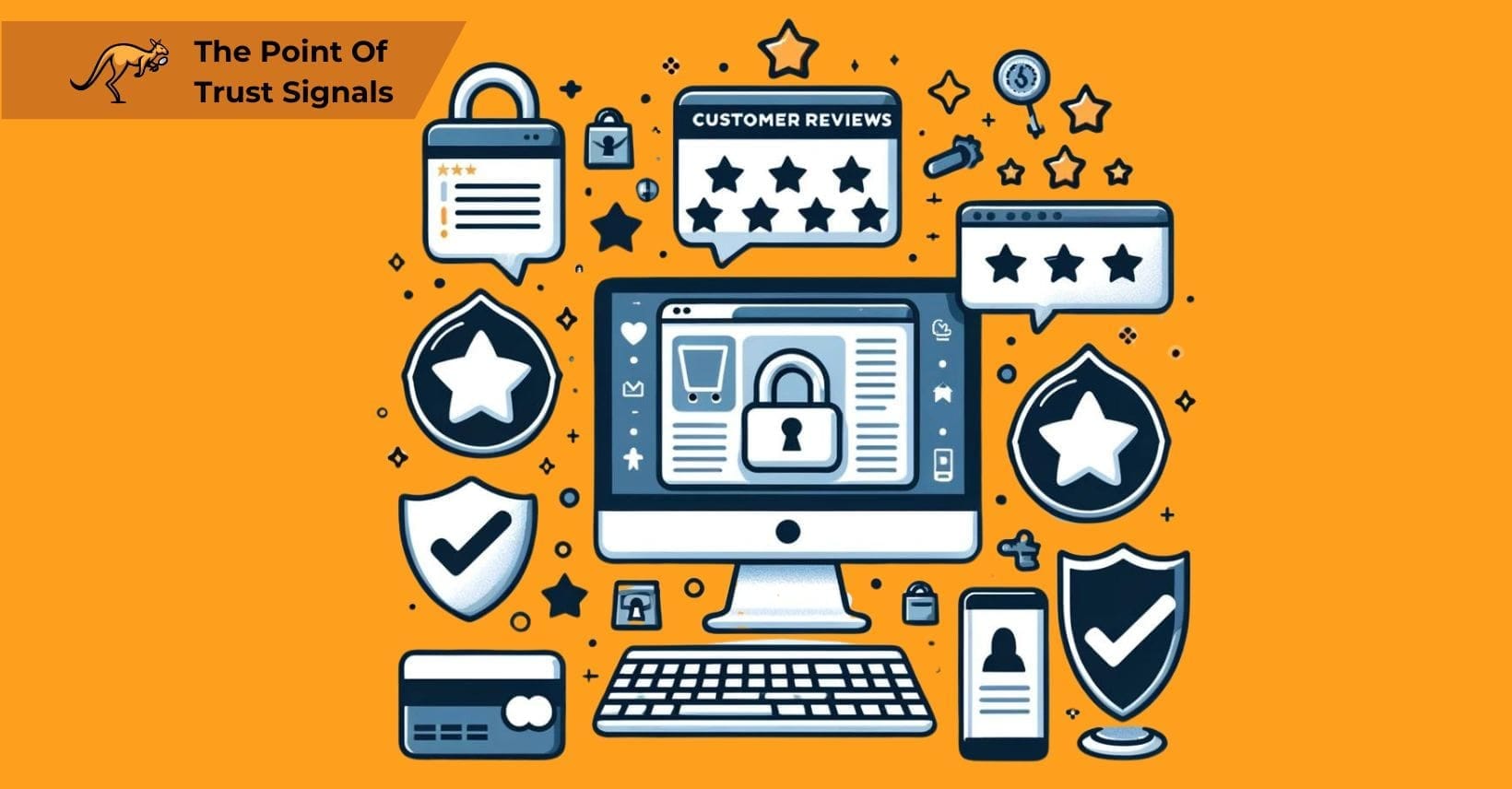
Working to enhance your website involves focusing on various aspects, and one key component that should not be overlooked is the use of trust signals.
These credibility indicators are applicable across all industries and help establish a company’s customer reliability.
Trust signals vary depending on the page content. For instance, an SSL certificate might be used on product pages, while a Better Business Bureau (BBB) badge could be placed on the homepage.
Incorporating these signals primarily aims to foster a strong bond between brands and their customers. Trust signals serve as a means to demonstrate this bond.
A trust signal works to show:
Data Protection For Customers
Shopping online carries certain risks, and businesses must establish themselves as secure consumer options. Displaying trust indicators, such as SSL certificates, is a straightforward way to reassure customers that their credit card details are securely handled.
These safety symbols are vital for businesses selling products online; they are also effective for websites that don’t directly handle sales but still collect user data.
As companies strive to provide these reassurances, they also explore other tools to elevate their brand presence—like innovative marketing tools designed for brand enhancement.
Marketing Tool For Brands
Trust signals such as customer reviews on your website or social media play a crucial role in marketing. Authored by previous clients, these reviews describe their interactions with your brand, often emphasizing the positives of your services or products.
Showcasing these positive experiences can enhance your reputation, as these testimonials are real-world endorsements of your brand’s quality.
Such trust signals help potential customers determine which companies in the industry offer reliable and commendable services.
These indicators not only build credibility but also set the stage for improving interactions with future clients, potentially leading to higher customer conversion rates.
Increased Customer Conversion Rates
The impact of trust signals on increasing customer conversion rates is undeniable, and harnessing this strategy could be a vital step to boost your business’s revenue.
When your website draws many visitors, the key to driving sales lies in your ability to convert these visitors into paying customers. Demonstrating your credibility and ensuring security with visible trust indicators might provide the extra assurance customers need to progress through the purchasing process.
Trust signals help diminish the perceived risk of buying from your business compared to competitors, often tipping the scales for potential buyers.
For instance, an SSL certificate communicates that your site is secure and customer payment information is protected, encouraging them to finalize purchases with you instead of elsewhere.
With these strategies in place, let’s maximize their effectiveness to build even greater customer trust and loyalty.
How To Use Trust Signals Efficiently
Trust signals, such as logos and badges, can enhance customer trust and potentially increase revenue.
However, using these tools sparingly is crucial to avoid a cluttered website appearance, which can negatively influence customers’ perceptions of a brand’s reputation.
Choosing the most relevant trust signals for your brand is vital. Overloading your site with too many badges or logos can detract from the site’s aesthetic and content quality.
Remember, your website often serves as the first impression of your company to many customers. Hence, creating a positive image with the right balance of trust signals is essential. Managing how trust signals are integrated into your website design will help maintain its appeal and effectiveness.
Concluding Insights on the Impact of Trust Signals
Attracting people to your site is one thing, but ensuring they stay and spend money within your business is another, and this requires brands to build trust.
Trust signals are a way of showcasing your good reputation and the security of your platform online. There are many forms of trust signals that you can use on your site to develop a good impression on your audience based on your niche and industry.
Services can be used to generate trust signals for your site, as well as create a good layout for these symbols to be showcased to your audience.
If you want to attract more customers to your brand and stand out within your niche, trust signals are the way forward.
They will make people feel safe on your site, which in turn leads them to be more likely to complete the sales process and bring in revenue.
For insights into optimizing your brand’s trustworthiness, explore moving company leads to find more valuable strategies and resources.
